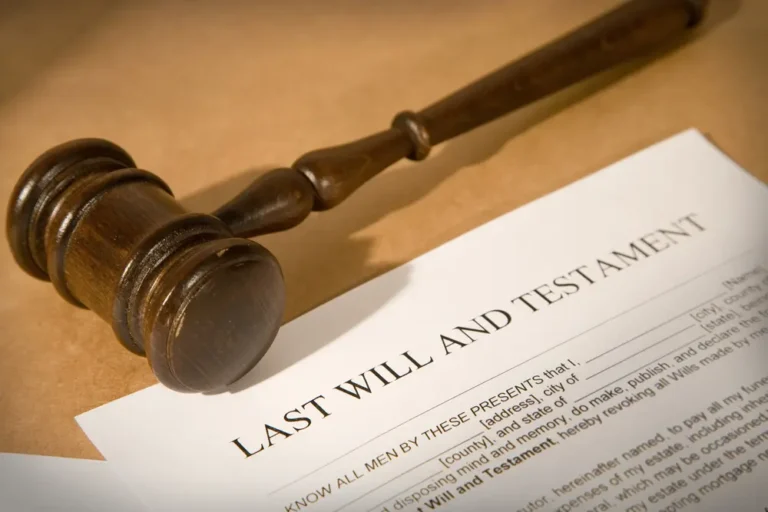What is a Letter of Testamentary?~3 min read
When a loved one passes away, managing their estate often requires certain legal documents. A letter of testamentary is one of the most important, as it grants you, the executor named in the will, the authority to settle their affairs. Here’s an overview of what this document allows you to do in Texas and the steps to obtain it.
When Do You Need a Letter of Testamentary?

If you are responsible for a loved one’s estate, you will need a letter of testamentary to carry out tasks such as:
- Accessing bank accounts
- Paying any outstanding debts
- Selling or transferring property
- Distributing assets according to the will
In Texas, you can only get a letter of testamentary if there is a valid will naming you as the executor. If there is no will, the probate court will appoint someone as an administrator, and a similar document called “letters of administration” is issued.
How Do You Obtain a Letter of Testamentary in Texas?
To get a letter of testamentary, you must go through the probate process in Texas. Here are the basic steps:
- File the Will with the Probate Court: Submit the deceased person’s will to the probate court in the county where they lived. This usually needs to be done within four years of their passing.
- Attend the Probate Hearing: The court will review the will and your role as executor. You may need to prove the will’s validity and your qualification to act as the executor.
- Receive the Letter of Testamentary: If the court approves, it will issue the letter of testamentary, giving you the power to manage the estate.
How Long Does It Take to Get a Letter of Testamentary?
In Texas, the process can vary depending on the size and complexity of the estate. For simple estates, it may take only a few weeks, but for larger estates or if there are disputes, it may take longer. A probate attorney can help you understand the timeline and make the process smoother.
What Can You Do with a Letter of Testamentary?
With a letter of testamentary, you can handle tasks like:
- Paying Debts and Taxes: You can use estate funds to pay off any outstanding debts or taxes the deceased owed.
- Distributing Assets: After debts are settled, you can distribute assets to the beneficiaries as outlined in the will.
- Closing Accounts: You can close financial accounts in the deceased’s name and transfer any remaining funds to beneficiaries.
Why You Need Legal Help
The probate process can sometimes be confusing and overwhelming. Even minor mistakes in the paperwork or filing process can cause delays. Working with an experienced probate attorney can simplify the process and help you manage the responsibilities of the estate effectively. In Texas, having legal guidance can be very helpful in getting a letter of testamentary quickly and avoiding potential issues.
Contact Springer & Lyle
Handling probate matters can be complicated. If you need assistance with the probate process or obtaining a letter of testamentary, call Daniel Abasolo at 940.387.0404 to schedule a consultation.
Springer & Lyle is located at 1807 Westminster, Denton, TX 76205.









